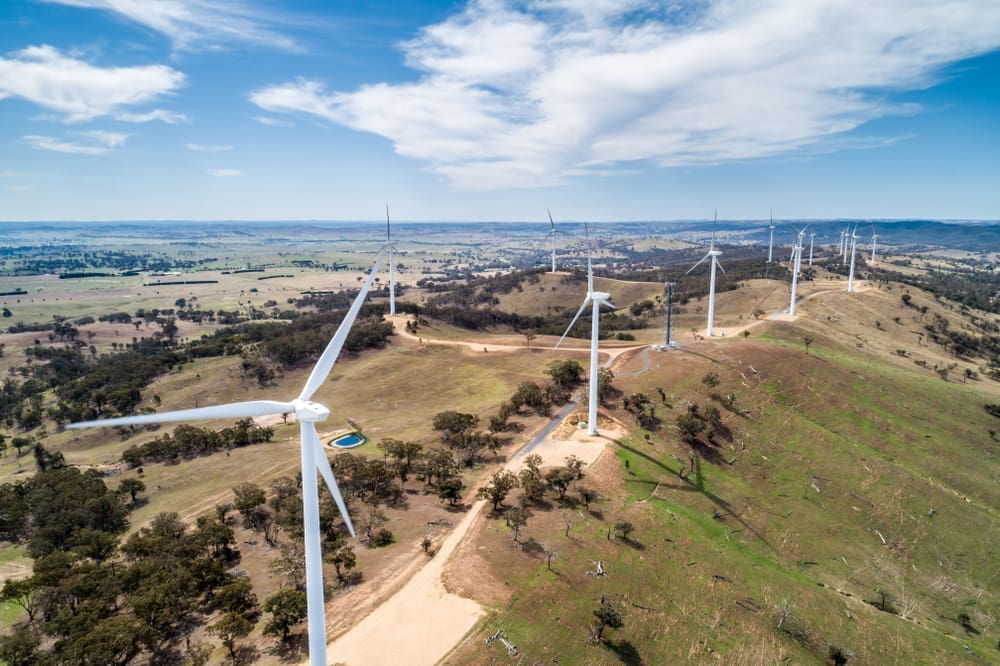Exploring the potential implications of the Federal Opposition’s proposed changes to emissions targets and energy policies on the agricultural sector.
The Federal Opposition’s recent announcement to abandon the 2030 emissions target has ignited discussions across various sectors, including agriculture. Since its implementation in 2022, the emissions target has significantly influenced agricultural practices, leading to increased investments in renewable energy and carbon offset initiatives. However, the proposed shift in policy direction raises questions about the future of renewable energy, carbon projects, and the introduction of nuclear power.
Renewable energy: Labor’s emissions target heavily relied on the expansion of renewable energy sources, aiming for 82% of the nation’s electricity grid to be powered by renewables by 2030. The Coalition argues that achieving this target would be detrimental to agriculture and manufacturing sectors, citing concerns about land use and energy affordability. While the Coalition acknowledges the role of renewables in the energy mix, it proposes a more cautious approach, particularly emphasizing rooftop solar installations.
Carbon projects: Despite the proposed policy changes, demand for carbon projects is expected to persist. The Coalition introduced the safeguard mechanism, which imposes emissions limits on large emitters and necessitates offset purchases for excess emissions. While Labor intensified these regulations, driving up carbon credit prices, the future trajectory of the safeguard mechanism under the Coalition remains uncertain.
Carbon capture and storage (CCS): Carbon capture, a controversial aspect of the carbon market, remains part of the Coalition’s agenda. Despite concerns raised by agriculture and environmental groups, the Coalition supports CCS initiatives in suitable areas. Recent investments in CCS technology, both domestically and internationally, indicate the Coalition’s commitment to exploring this avenue.
Nuclear energy: Perhaps the most significant departure from current policies is the Coalition’s proposal to introduce nuclear power as a means to achieve net-zero emissions by 2050. However, overturning the existing ban on nuclear power presents a formidable challenge, considering historical opposition and concerns regarding cost and safety. While the Coalition argues for the long-term benefits of nuclear power, opposition from crossbenchers and environmental advocates remains staunch.
As the election campaign unfolds, the agricultural sector awaits clarity on the Coalition’s proposed changes and their potential impacts. The intersection of energy policy and agriculture underscores the need for balanced approaches that address environmental concerns while supporting industry sustainability.
Error



